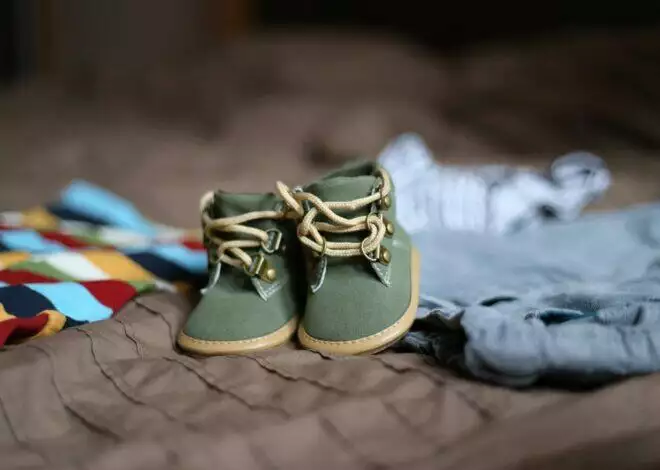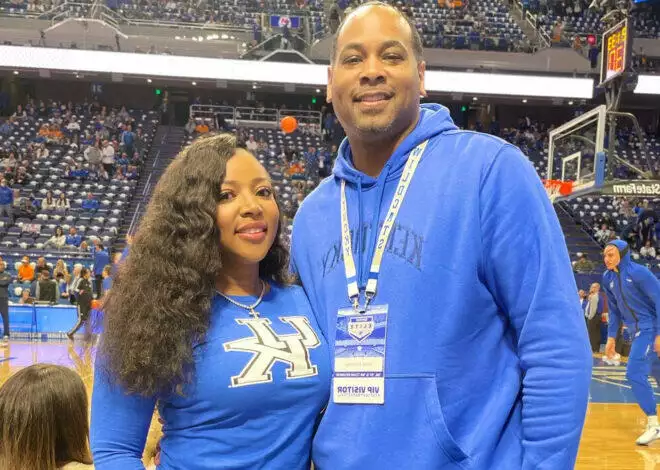“My sixth grade daughter wants a Facebook account because all her friends are on it. What do I do?” We were asked this question many times. Our answer: There is a reason Facebook says you need to be 13 years of age to have an account – at that age, they feel a child can reasonably understand the consequence of their actions and use the site responsibly.
Questions You Should Ask
These questions are very important to ask yourself and your daughter because many children are not emotionally capable of understanding the below questions. And, guess what, they are children and shouldn’t be.
Does your 11 year old understand that what she posts, writes, or comments on can be seen by everyone (even people who are not her friends)?
Does she understand the concept that people online may befriend her but may not be who they say they are?
Does she understand that before she posts, writes or comments she needs to check first with you to see if it’s appropriate or ask herself – Would I want my parents, principal, police or a predator to see this?
Does she even know what a predator is (people that want to harm children)?
Will she understand that some children and adults for that matter may comment, post or write things that are not nice…how will she feel if that happens…how will she respond?
How to Ease into Facebook
Mom/dad/caregiver, you get a Facebook account to understand how Facebook works, the ins the outs, the good and the bad. Once you understand it, you can introduce your daughter to it.
Put important privacy settings on your account and sit down with your daughter to explain the above concepts.
Write a “computer agreement” together so she knows the boundaries of what is acceptable and what is not.
Let her know that you will share the Facebook until you feel that she is ready for her own account.
Once she is ready, she has to know that you will have the password to get in and that you will be checking it and, if any of the above rules on the agreement are broken, you will take away her Facebook privileges.
Active Listening
We always stress the importance of communication with your children. But, for this particular topic, we would like to stress the importance of active listening in particular. If you are a parent, your mindset is in a very different place than your child. The skill of active listening makes sure that you are on the same page, that he/she understands you and vice versa.
So how do you actively listen? Turn off your cell phones, blackberries, iPhones, TV, and radio and actually have a face-to-face conversation with your child, with no disruptions. (This often works well in a car and at the dinner table.)
Repeat back to your child what she has said to make sure you understand exactly what she is saying or trying to tell you.
Have your child repeat back to you what she retained about the safety issues on Facebook in her own words. Make sure she understood these new concepts and gets the importance of why you are taking these steps with her.
The Bottom Line
It is our job as parents to prepare our children to thrive in today’s world. Teaching them these important life skills, and communicating with actively listening, is a daily part of our parenting. Be informed. Be educated. Be KidSafe.





